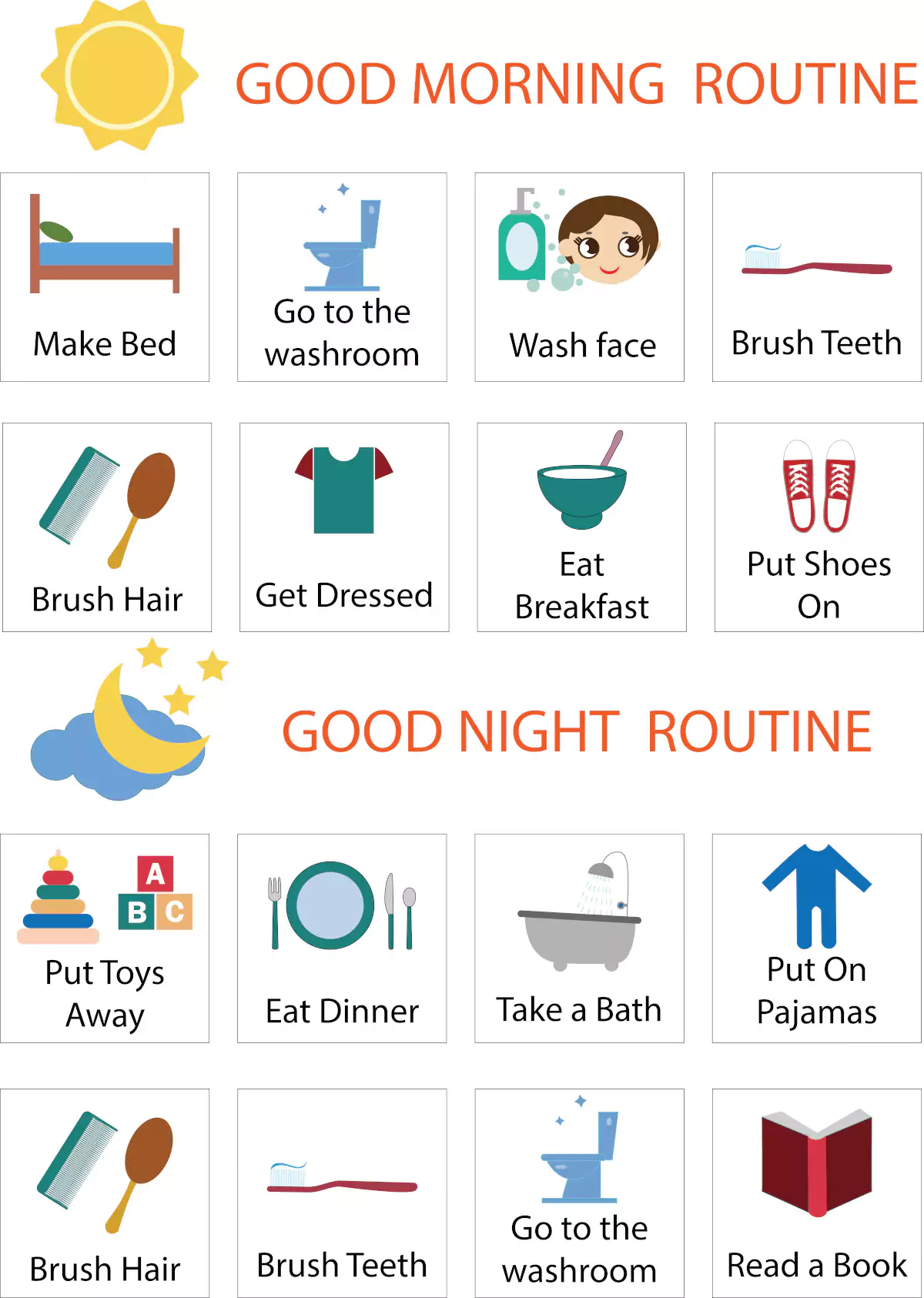
ADHD forgetfulness in kids is a common symptom that is associated with the disorder. It can present many difficult challenges for the individual, their parents and teachers. Forgetting to complete their daily tasks, chores and homework assignments can bring frustration and cause the student to struggle in school. Here are some tips to help a child who is struggling with forgetfulness due to their ADHD.
1. Create Lists
When a child with ADHD is struggling with remembering their daily tasks or chores, creating a checklist or “to-do” list can help keep them on track. Add tasks to the list and allow the child to check off each task when it is complete. Keep the list in a spot that is visible and easily accessible for everyone. Keep lists for school and home separate so the child does not get overwhelmed with the amount of tasks they need to complete. Parents and teachers should work together to make sure that the child is held accountable to the tasks on their list and implementing a reward system can help!
2. Build a Routine
Building a predictable routine for a child with ADHD can help with supporting their memory. When the child knows what to expect on a daily basis they will be more likely to remember what tasks they will need to complete. A before and after school routine that includes chores and tasks can aid with alleviating frustration that comes with forgetfulness.
3. Frequent Check-ins and Check-outs
When building a routine for a child with ADHD, adding check-ins and check-outs to the routine can help. “Checking-out” when leaving the home in the morning to ensure the child has all their things for school (backpack, assignments, etc.). In addition, a “check-in” at school with a trusted adult can help the child get their mind ready for the school day. Frequent checks throughout the child’s day will help build the child’s ability to eventually “check-in” with themselves as they grow older.
4. Consistent Expectations and Boundaries
Consistent behavior and academic expectations for a child will allow them to know exactly how to respond in certain situations. When confronted with a situation, a child with ADHD may act on impulse, while a child with ADHD that has consistent expectations may act in line within their expected boundaries. Behavior and expectations will undoubtedly be broken at some point. In this case the child should receive consistent consequences for their actions. Lightsail utilizes software that allows parents to set goals and milestones for their child. Using tools like this gives the student a purpose for their learning. Children with ADHD may forget about a task that they do not connect with. Permitting a child to earn rewards for obtaining goals will allow parents of a child with ADHD to boost their executive functioning skills and help the ADHD brain become less forgetful!

Posted on 10.Oct.21 in Struggling Readers




